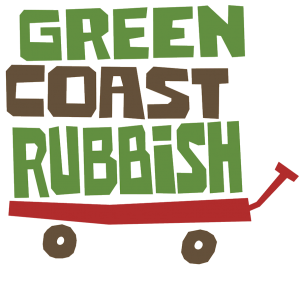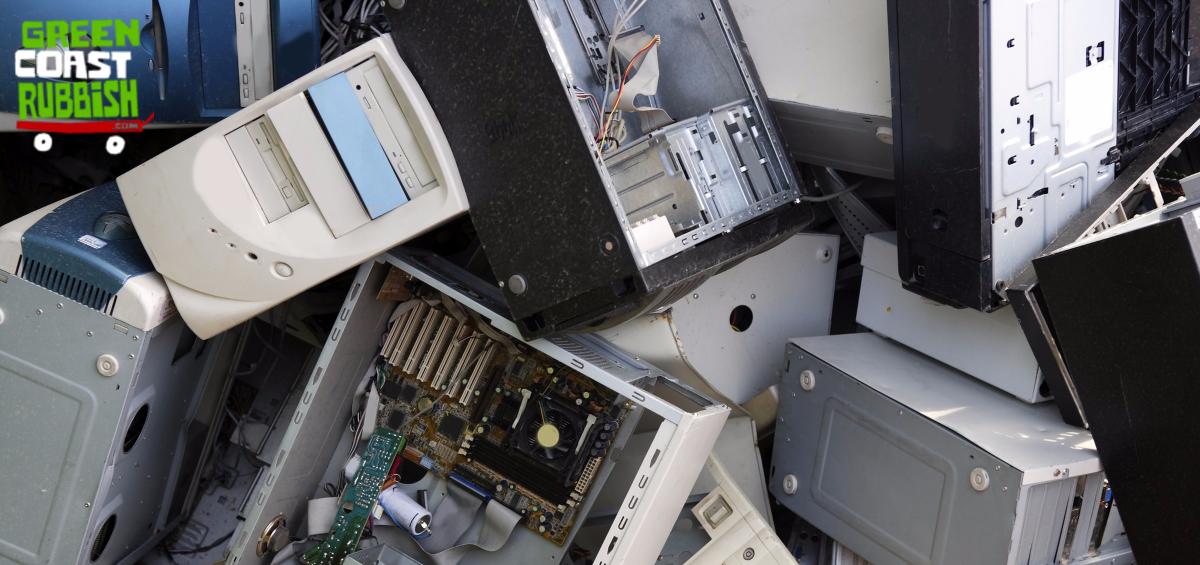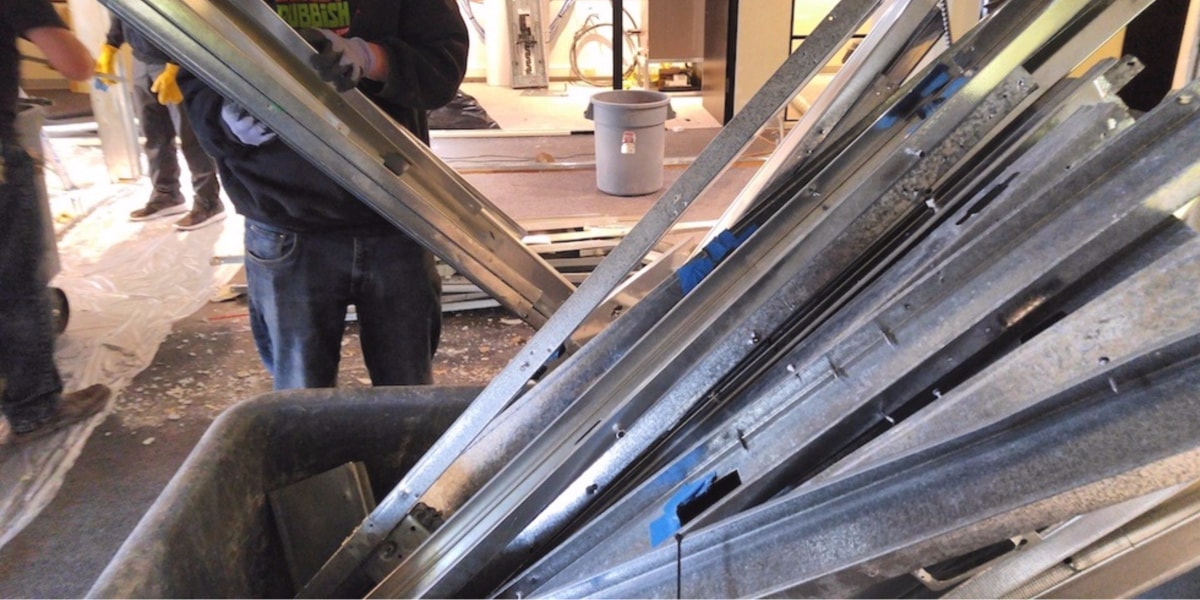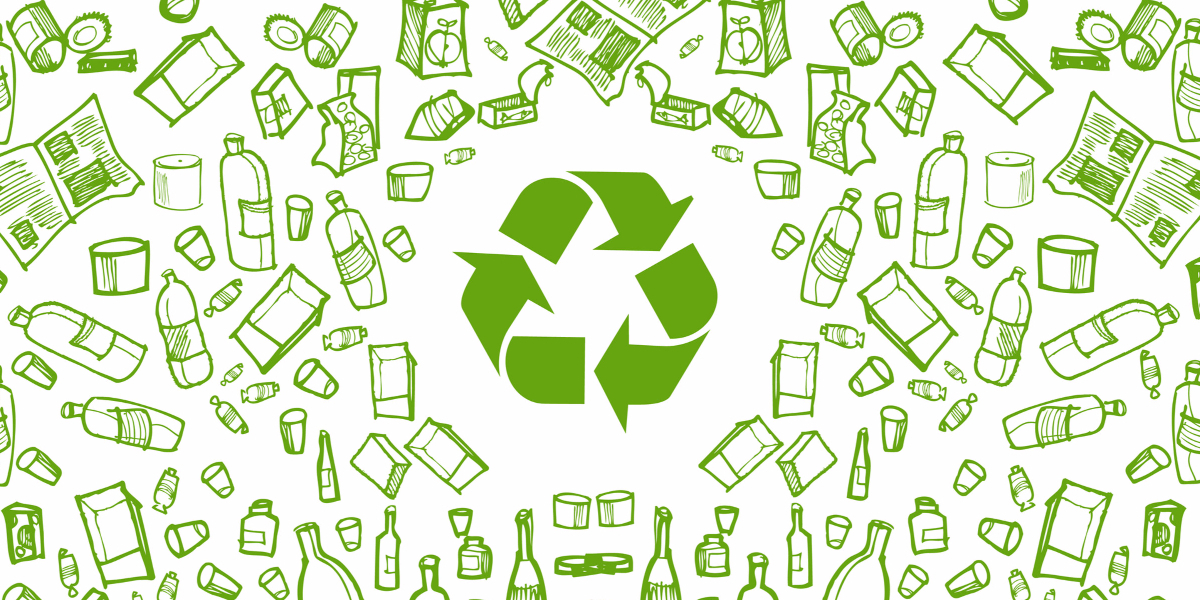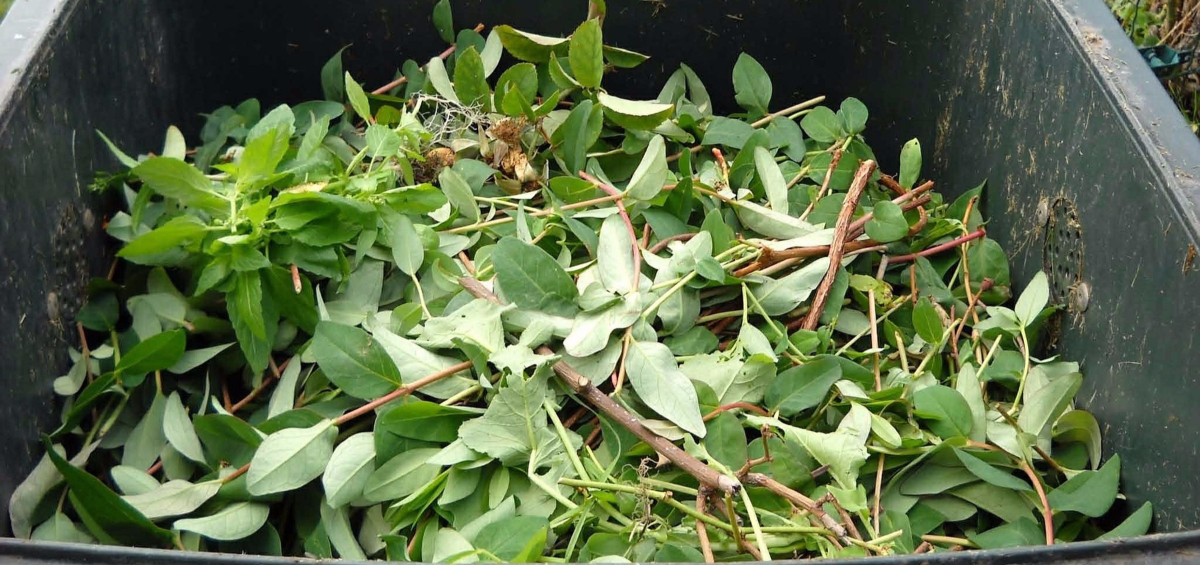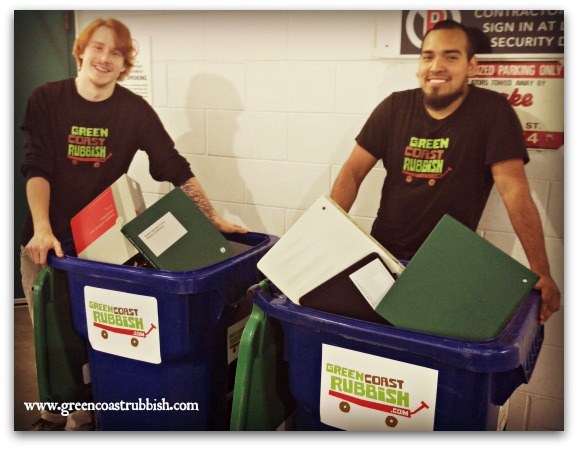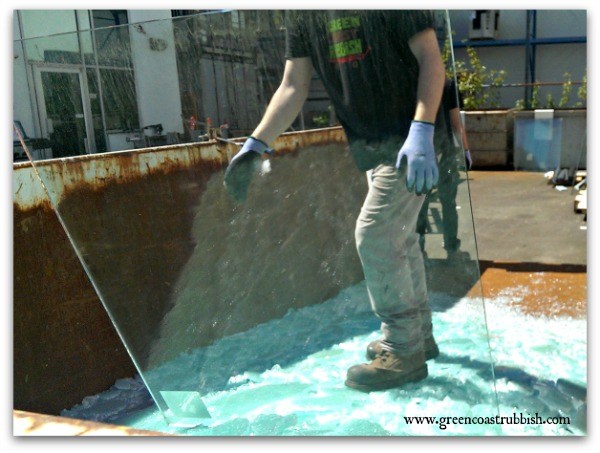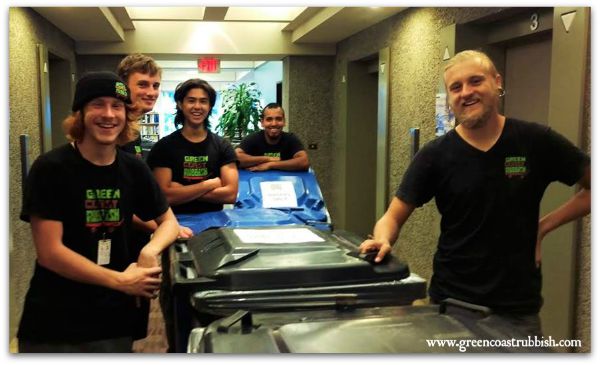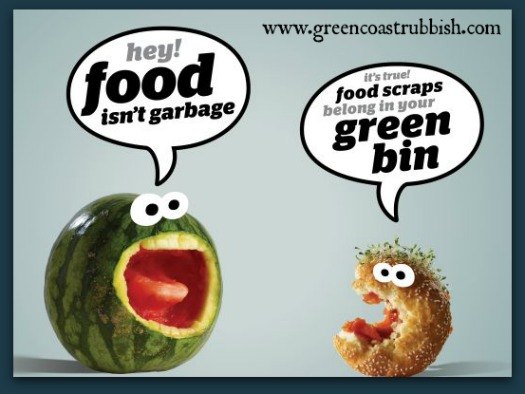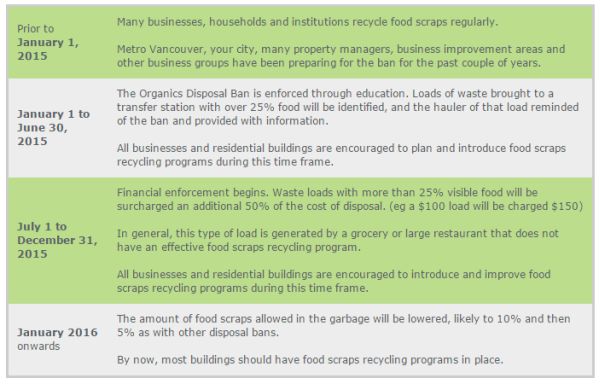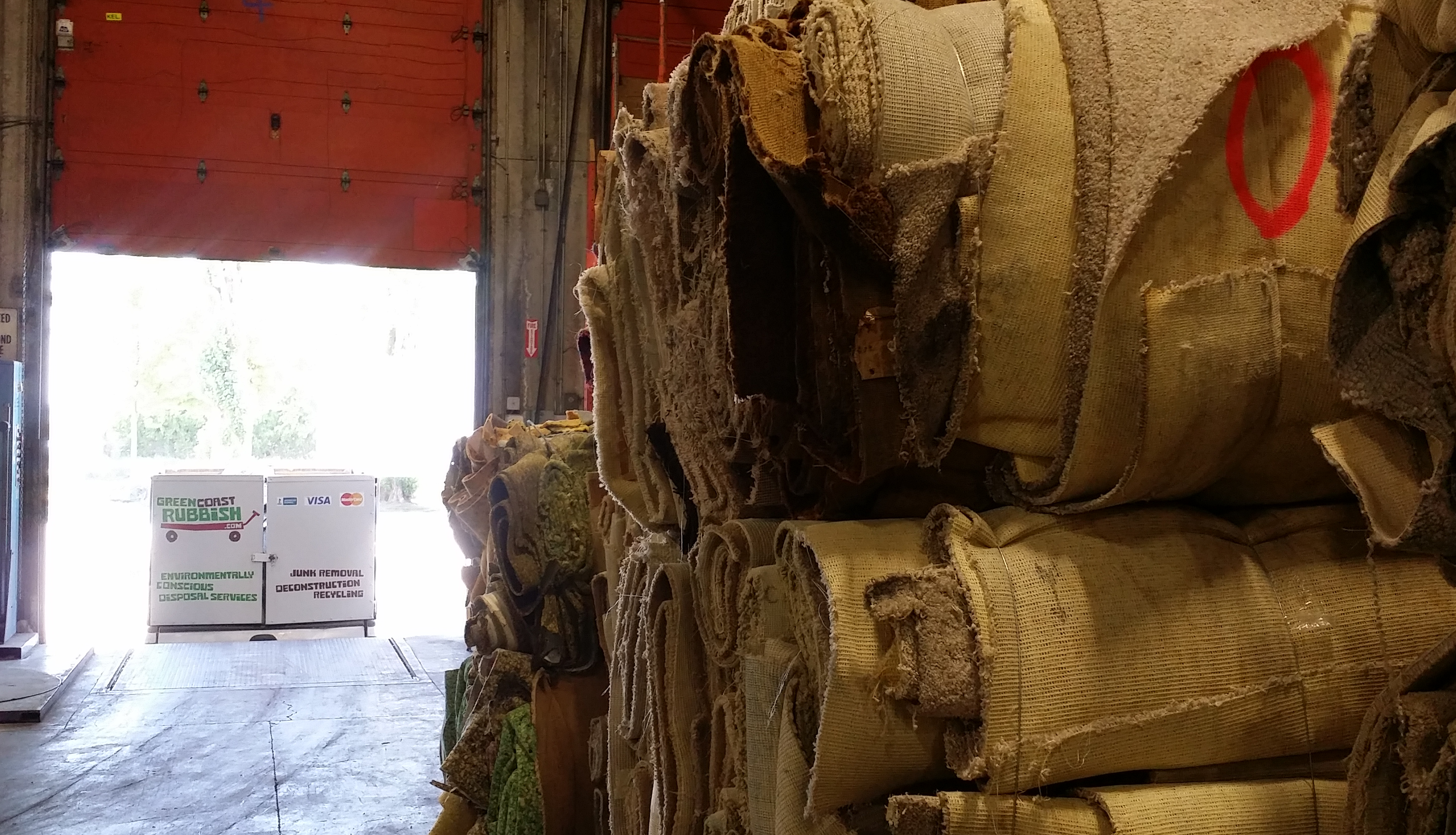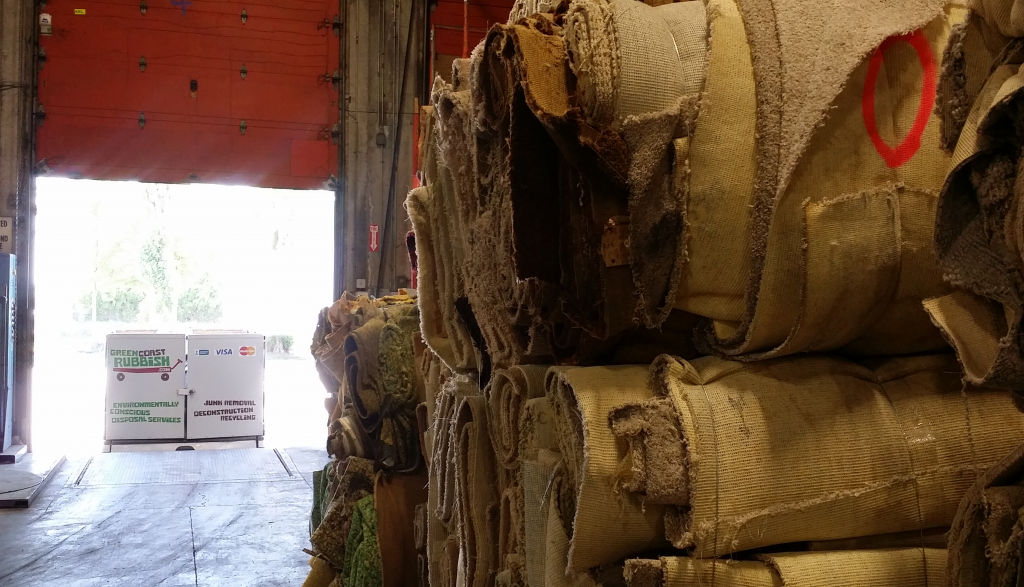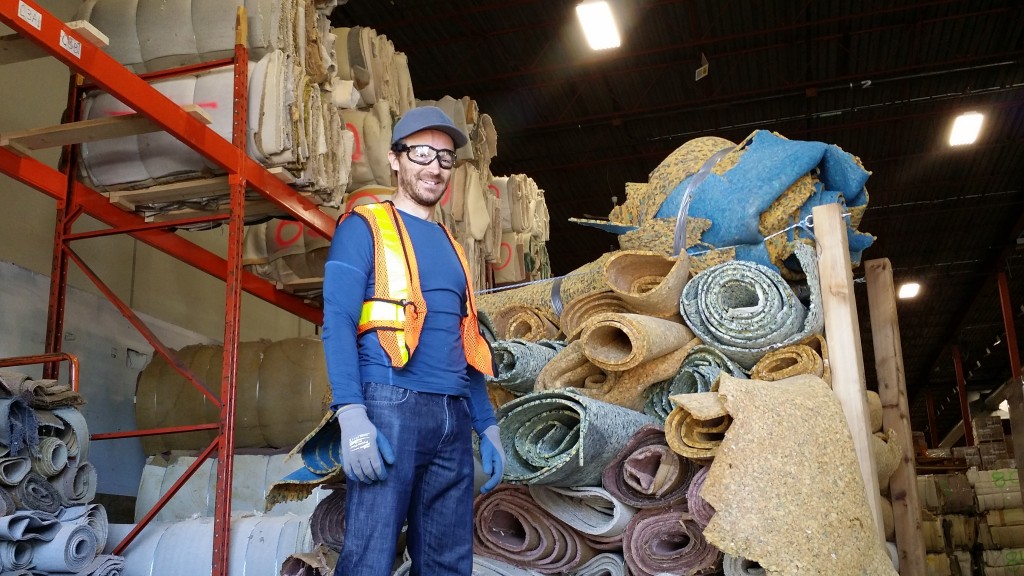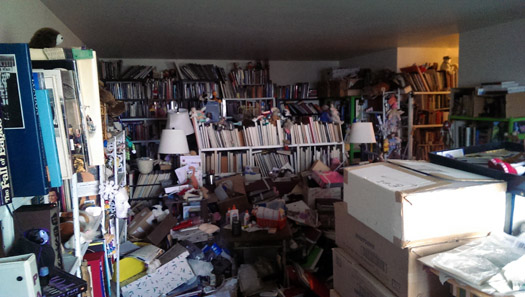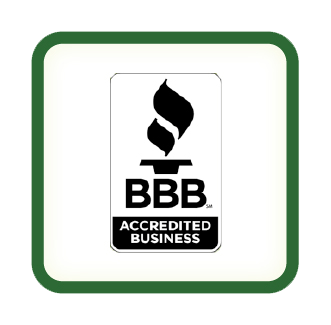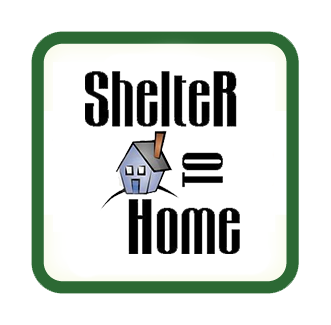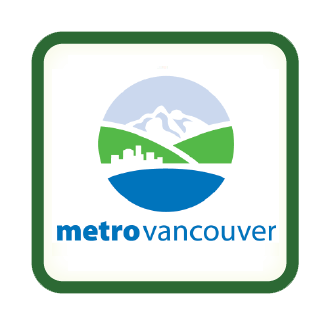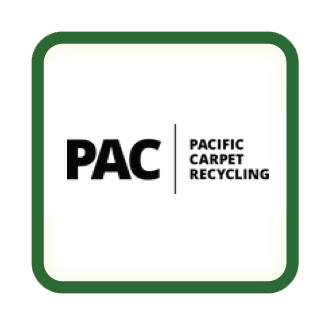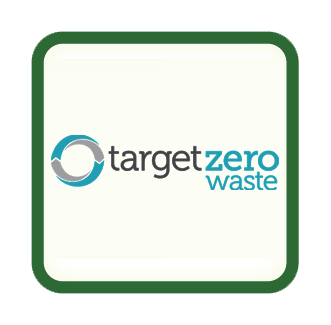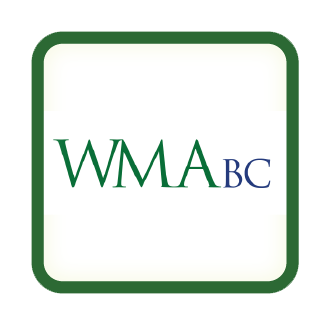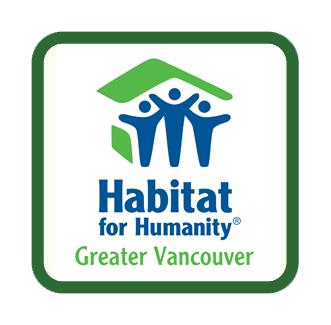What You Need to Know About Commercial Junk Removal
/in Commercial Rubbish Removal and Recycling/by Green Coast RubbishHow to Sort Recycling at Home: Compost, Glass, Paper, and Plastic
/in Commercial Rubbish Removal and Recycling, composting, Organic Waste, Recycling/by Green Coast RubbishTips and Tricks for Composting in Vancouver
/in Commercial Rubbish Removal and Recycling, community, composting, Green Buildings, Organic Waste, Recycling/by Green Coast RubbishGreen Coast Rubbish Launches New Binder Recycling Program
/in Commercial Rubbish Removal and Recycling, Recycling, Uncategorized/by Green Coast RubbishGreen Coast in Action: Commercial Glass Recycling Project
/in Commercial Rubbish Removal and Recycling, Recycling/by Green Coast RubbishGreen Coast in Action: SNC-Lavalin Office Move
/in Commercial Rubbish Removal and Recycling, Recycling/by Green Coast RubbishOrganics Disposal Ban Launches in Metro Vancouver
/in Commercial Rubbish Removal and Recycling, composting, Organic Waste, Recycling/by Green Coast RubbishRecycling food scraps is routine for many Metro Vancouver residents and businesses. However, the new organics disposal ban in effect as of January 1, 2015 now requires all households, businesses, and institutions to separate food waste from their garbage.
Why the ban? You may be surprised to learn that almost a third of the food we buy ends up in the garbage, amounting to 40% of residential garbage in the landfill. This slowly decaying food creates methane gas which is known to cause global warming.
While the majority of single family homes in Metro Vancouver are already recycling food and garden waste, the organics disposal ban will ensure that residential buildings (such as apartments and condos) are starting food scrap recycling programs if they haven’t already done so. Another major focus for the ban this year is to ensure that large restaurants and grocery stores are diverting organics from their garbage.
In summary, all residents, businesses and institutions are being asked to introduce food scraps recycling programs this year to meet the regional goals of recycling 70% of the waste in Metro Vancouver in 2015 and 80% by 2020.
Important Dates and Phases
The organics disposal ban is being introduced in stages over the coming months and includes an educational focus for the first 6 months, followed by the implementation of financial penalties in the latter half of 2015 as follows:
What Items are Banned?
Food scraps recycling programs should include the following items which are now banned from the garbage:
• Vegetables and fruits
• Raw food, plate scrapings, leftovers
• Packaged foods (remove packaging)
• Meats, fish, bones and seafood shells
• Pasta, bread and rice
• Dairy, eggshells, sauces, dressings
• Paper egg cartons
• Paper towels, unlined paper cups/plates
• Food-soiled napkins/pizza boxes/newspaper
• Kraft/paper bags used to collect food scraps
• Waxed cardboard boxes
• Coffee grounds/filters and tea bags
• Wooden utensils, chopsticks, stir sticks, and toothpicks
Resources
For more information on the organics disposal ban, check out the following links:
The Recycling Council of BC is available to answer questions and provides information on food scraps recycling programs and contacts for commercial and multi-family dwelling organics pick-up services. Call 604-RECYCLE (604-732-9253).
Metro Vancouver Organics Ban: Overview
Businesses: Q&A on Metro Vancouver’s Organics Disposal Ban
Restaurants : Tools and Resources, Case Studies, Frequently Asked Questions, Tips, Signage & Artwork
Grocers: Tools and Resources, Case Studies, Frequently Asked Questions, Tips, Signage & Artwork
Apartments & Condos: Tools and Resources, Case Studies, Frequently Asked Questions, Tips, Signage and Artwork
Residents: Tools and Resources, Case Studies, Frequently Asked Questions, Tips and Posters
Pacific Carpet Recycling
/in Carpet Recycling, Commercial Rubbish Removal and Recycling, Plastic Recylcing, Property Clean-up Services, Recycling, Renovation Waste/by Green Coast RubbishWe love to work closely with green conscious businesses who care as much the environment as we do. That’s why we’re really excited to have Pacific Carpet Recycling as a partner. They are the only carpet and underlay recycler in Vancouver, and they’re doing great work around the Lower Mainland.
Carpet is something that most people take for granted; not really giving it much thought until they are looking to renovate a space. But the amount of waste created from carpet being thrown into our landfills is mindblowing — as much as 80 million lbs are thrown into garbage dumps in Metro Vancouver alone! Even worse, it can take as long as 50 years for it to break down once it’s in there. But it doesn’t have to be this way. Being a petroleum-based product, many types of carpet and underlay are recyclable, and can be made into new flooring, clothing, furniture, auto parts, and other items we use on a daily basis.
In recent years, PET (Polyethylene terephthalate) carpet has gained popularity, because it’s manufactured using recycled pop bottles. In theory, this sounds like an excellent green alternative, but at the present time there are no effective means to recycle carpet once it is made from this material. If you are looking for the most environmentally mindful flooring, PCR suggests opting for Nylon carpeting instead, which is completely recyclable.
Though Pacific Carpet Recycling does not deal directly with the consumer public, Green Coast Rubbish has partnered exclusively with them, allowing us to remove the carpet from your home or business (and any other waste that you might need hauled away) and deliver it to PCR on your behalf. If you have any questions about recycling carpet, or the work we do at Green Coast Rubbish, please never hesitate to contact us.
Cleaning of Hoarding Properties
/in Carpet Recycling, Commercial Rubbish Removal and Recycling, Electronics Recycling, Property Clean-up Services, Renovation Waste/by Green Coast RubbishHoarding is a compulsive behavior that can cause people to collect excessive amounts of items, animals, or garbage in their homes, and feel unwilling or incapable of getting rid of them. It’s an extremely complex issue that can have many negative psychological, health, and safety implications-to the individuals within the space, as well as building owners and surrounding neighbors.
Here are just a few examples of the types of situations we’ve seen:

Besides having the potential to cause tens of thousands of dollars in property damage, hoarding can also pose threatening health and safety risks, and the accumulation of garbage can lead to infestations of vermin and insects.
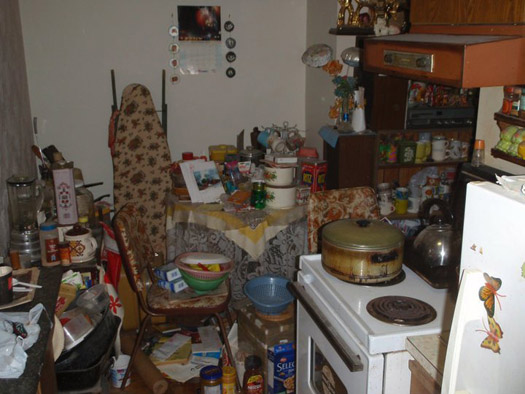
There are hundreds of instances of hoarding throughout the Lower Mainland every year. In extreme cases, some properties have caught fire, or had permanent structural damage to buildings. The issue has gotten so serious that the City of Vancouver has set up a Hoarding Action Response Team to help address the issues, in areas such as the Downtown Eastside.
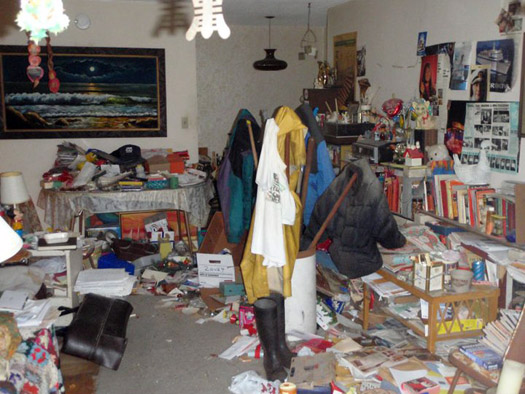
For property owners and building managers, dealing with the aftermath of tenant hoarders can feel like a nightmare. At Green Coast Rubbish, we’ve had extensive hands-on experience tackling these types of situations. We alleviate the stress by helping clients and their families sort, remove, and dispose of any and all unwanted items — and ensure that everything is diverted or recycled through the proper channels. For more information about our range of services, please feel free to contact us.
